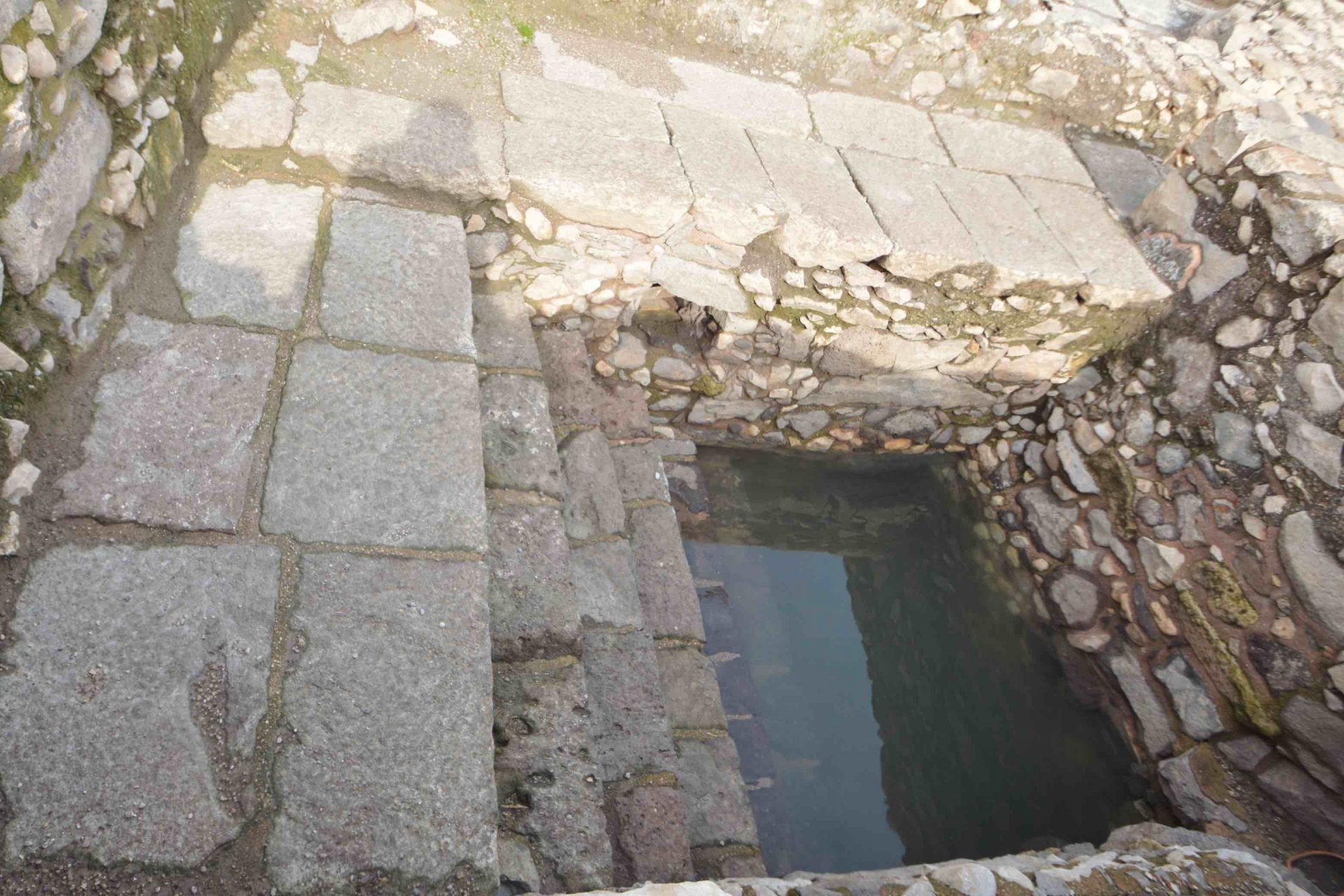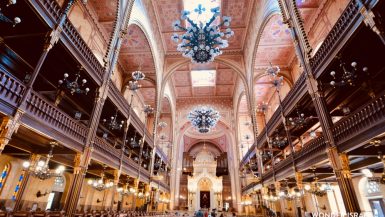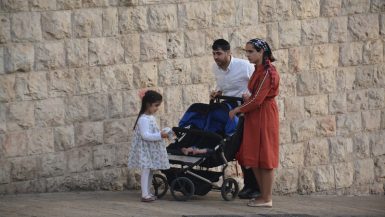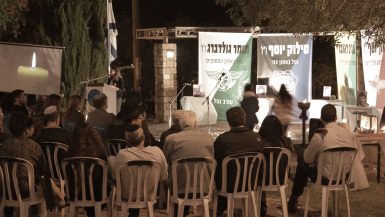
In the oral Torah, Mishnah, there is a teaching on why it is important to immerse and the 6 levels of water. The mikveh should meet rabbinic standards such as having direct contact with the ground, the walls must be plastered, at least 1 cubic meter of water and at least 1.2 meters deep, and the water must be a natural inflow of water, etc. The highest level of water is river water, that is why Jordan River was an ideal place for John and Yeshua’s disciples to immerse people!
Jews scattered around the world or the modern Jewish community still have the tradition of using mikveh daily, weekly, monthly, before the holiday, before the wedding etc.

מקוה Mikveh
Mikveh in Hebrew has a profound meaning.
In the Bible, Mikveh means “a lot of water” or “hope.” Two very different things are the same in Hebrew.
- Adonai said to Moses, “Say to Aaron: Take your staff and stretch out your hand over the waters of Egypt, over their rivers, over their streams, over their pools and over all their ponds, so that they become blood. (Exodus 7:19)
- For we are sojourners before You, mere transients like our fathers. Our days on the earth are like a shadow, without security. (1 Chronicles 29:15)
- “We have been unfaithful to our God and have married foreign women from the peoples of the land. But in spite of this, there is still hope for Israel. (Ezra 10:2)
- O hope of Israel, Savior in time of trouble, why are You like a stranger in the land, or like a traveler who stays for a night? (Jeremiah 14:8)
- Adonai, You are the hope of Israel! All who forsake You will be ashamed. Those who depart from You will be written in the dirt, for they have forsaken Adonai, the fountain of living waters. (Jeremiah 17:13)
Adonai, You are the hope of Israel! All who forsake You will be ashamed.
“God, you are Israel’s “a lot of water”, whoever leaves you must be “withered”
קָוָה
There are four letters in the word Mikveh. The first letter מ means “place”. The last three letters ” קָוָה ” Kveh is a verb that means “connection, entanglement, collections, expectation, staring, looking forward, delays, waits”. And so on. That is to say when you immerse in a mikveh, you are soaking yourself in your hope to God, you are entangling with him, staring at him, and waiting for him. How beautiful this relationship is!
Yeshua also said to the Samaritan woman,
“But whoever drinks of the water that I will give him shall never be thirsty. The water that I give him will become a fountain of water within him, springing up to eternal life!”
The moment the lady was concocted to the source of hope, she wasn’t afraid how others thought of her. Even her past, of having 5 husbands was no longer the shame she wanted to hide. “Come see a man who told me everything I ever did! He couldn’t be the Messiah, could He?”
The opposite of “withering ” is “a lot of water”, and the opposite of “not to be ashamed” is to “immerse in the hope that God gives.”








